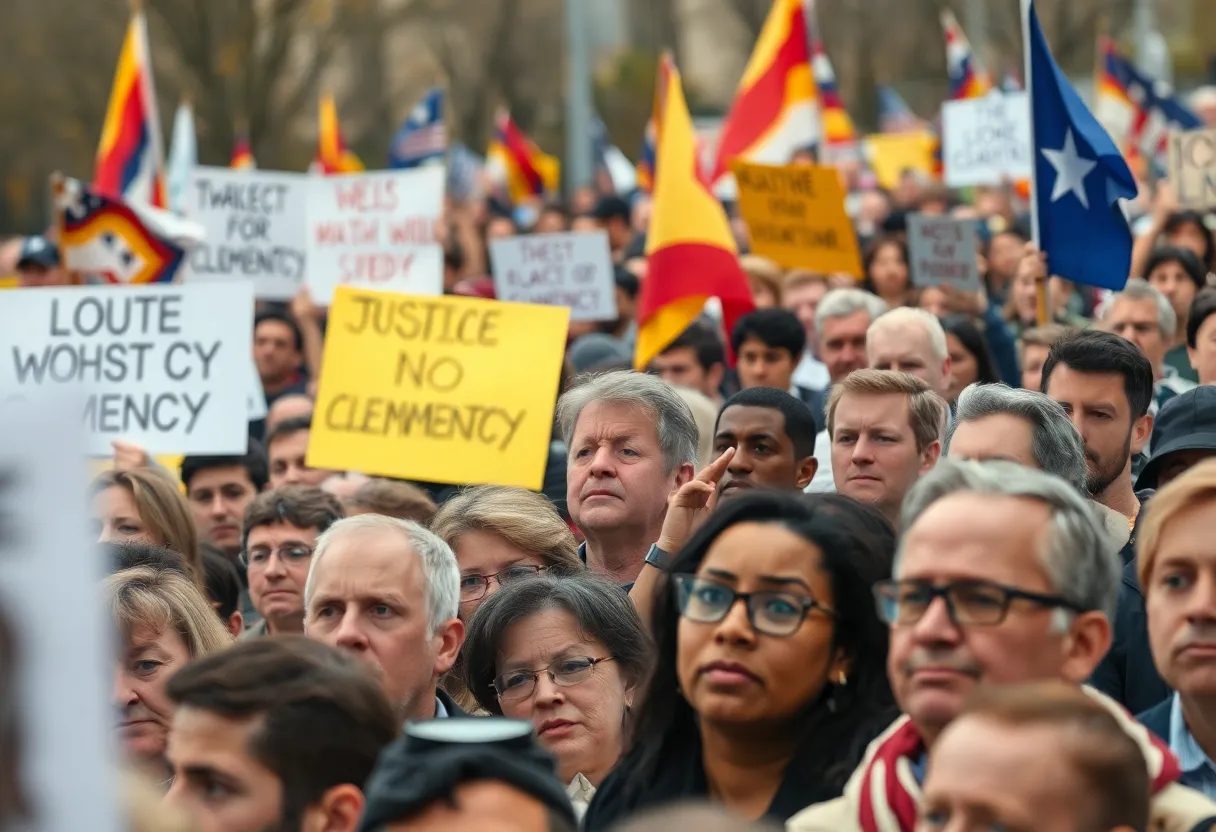Kansas City Residents Unite in Rent Strike Against Unlivable Conditions
In an eye-catching display of solidarity, tenants at Independence and Quality Hill Towers took to the streets in Kansas City last Friday, marching and chanting—“NOT ONE CENT FOR THE SLUM LORDS!” and “DON’T PAY RENT!” The buzz of the protest underlined a significant fight against dreadful living conditions that have plagued these residents for far too long.
Tenant Union Federation’s Bold Move
The protest was ignited by a disappointing response from the Federal Housing Finance Agency (FHFA) regarding their request for a bargaining meeting with Director Sandra Thompson. Instead of a constructive discussion, the tenants received a mere one-hour meeting invitation in Kansas City, sans Thompson. This comes as no surprise, considering many have been living in what they describe as “unlivable” conditions, from flooding and heating outages to infestations of roaches and mice.
The peaceful protest kicked off after tenants commenced a rent strike on October 1, claiming a collective withholding of $125,000 in rent payments. KC Tenants, a housing justice group, played a crucial role in rallying the residents, who demanded not just basic human conditions but long-term solutions to the neglect they’ve faced.
Living Nightmare
During the march, Anna Heetmann, a local organizer, briefly shared a glimpse of the ongoing intimidation tactics used by property managers. The manager of Independence Towers, Trigild, reportedly hired armed security without notifying tenants, creating an atmosphere of fear and intimidation. Despite these attempts to suppress communication about the strike, Heetmann triumphantly announced, “Hot water has finally been restored to the building,” attributing this victory to the pressure from the rent strike.
The tension reached a boiling point on October 25, when Fannie Mae, the mortgage financier for both apartment complexes, greenlit a $1.35 million payout for needed repairs. However, Heetmann clarified, “This is not enough. It’s a one-time bailout for repairs that should have occurred years ago.” The demands remain clear: new ownership, fair leases, and a cap on future rent increases.
Personal Accounts of Suffering
Chris Carlton, another tenant, painted a somber picture of his living conditions. “I have roaches everywhere, especially at night,” he lamented, sharing a particularly frustrating story about a bathtub that takes a full day to drain. “It’s been a year since I moved in, and I still don’t have drawers in my kitchen.” Carlton’s frustrations echo those of many who are simply looking for dignity while living in what should be their home.
Lisa Sanchez, a resident of Quality Hill Towers, also spoke up, recalling her move-in day, where the bathtub was filled with standing water. “The roach infestation makes my skin crawl,” she shared, revealing her anxiety about having friends over due to the squalid conditions.
Community Leads the Charge
The march saw voices like that of Audrey Williams, who has vividly described the dire circumstances residents have endured, including winters without heat and unsanitary living conditions. “Washington, where are you?” she directed her frustrations at lawmakers, emphasizing the neglect of tenants living in properties backed by public funds.
It’s not just the poor living conditions that fuel the fire. Tenants are determined to continue their strike until their voices are heard. “We need accountability,” reiterated Heetmann, stressing that no union member will back down until their deal includes tangible commitments.
Lasting Impact
As the protests continue, Johnathan Duncan, a city council representative, stood firmly beside the tenants, urging Washington to acknowledge their plight. “Our tax dollars are backing these slums,” he declared. “We’re funding cockroaches and sewage in people’s homes.” Consequently, the message was clear: the fight for a decent living environment in Kansas City is far from over.
As residents prepare for the upcoming meeting with FHFA staff, they are rallying together, committed to ensuring not just better homes for themselves, but for future tenants who will live in these properties. “This isn’t just about us,” said Grace White, an organizer. “It’s about making sure our tax dollars aren’t contributing to squalid living conditions.” The perseverance of these passionate tenants is a stirring call for justice and an unyielding stance against corporate neglect.






